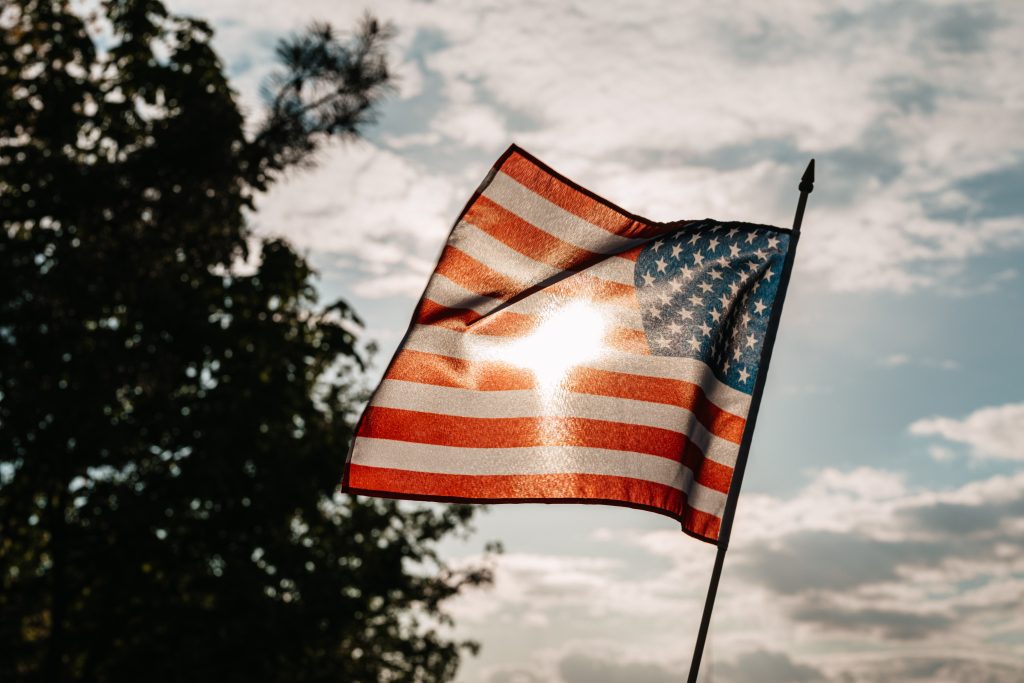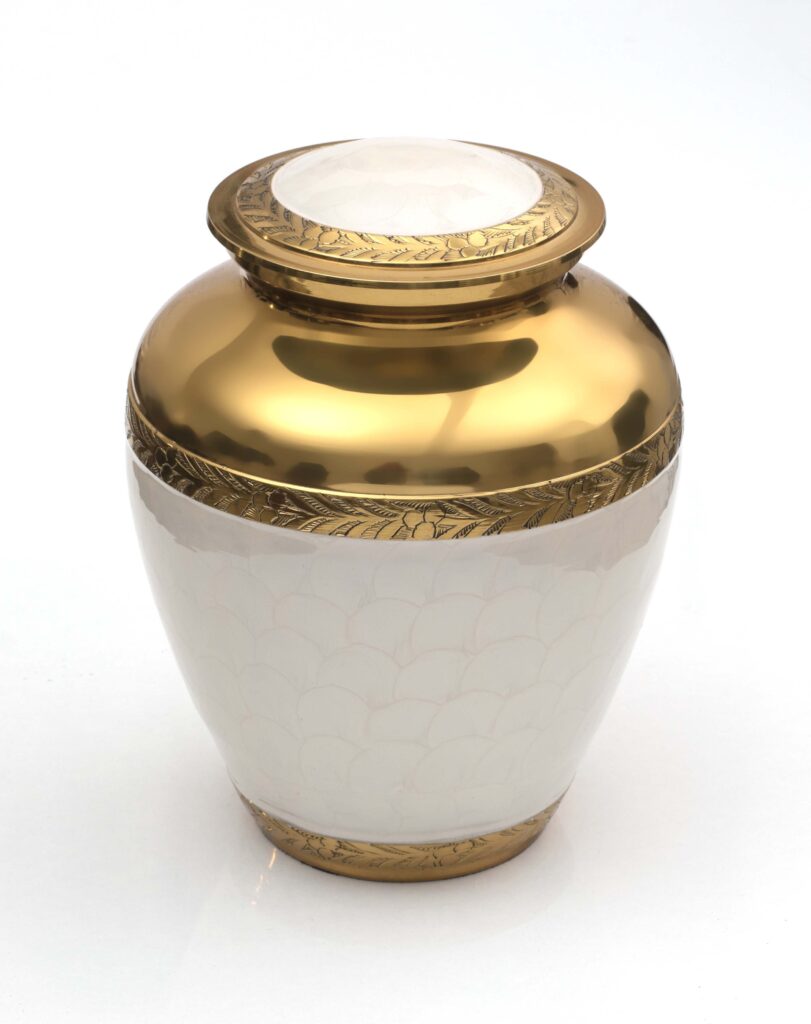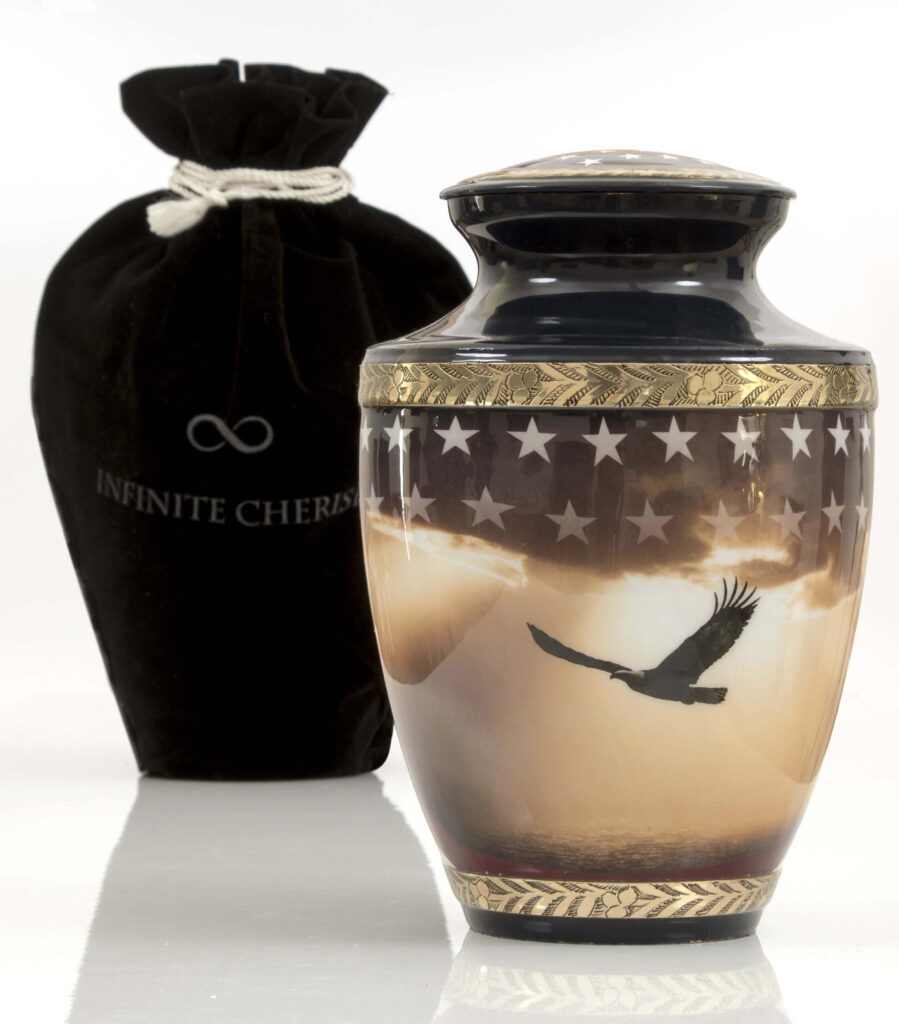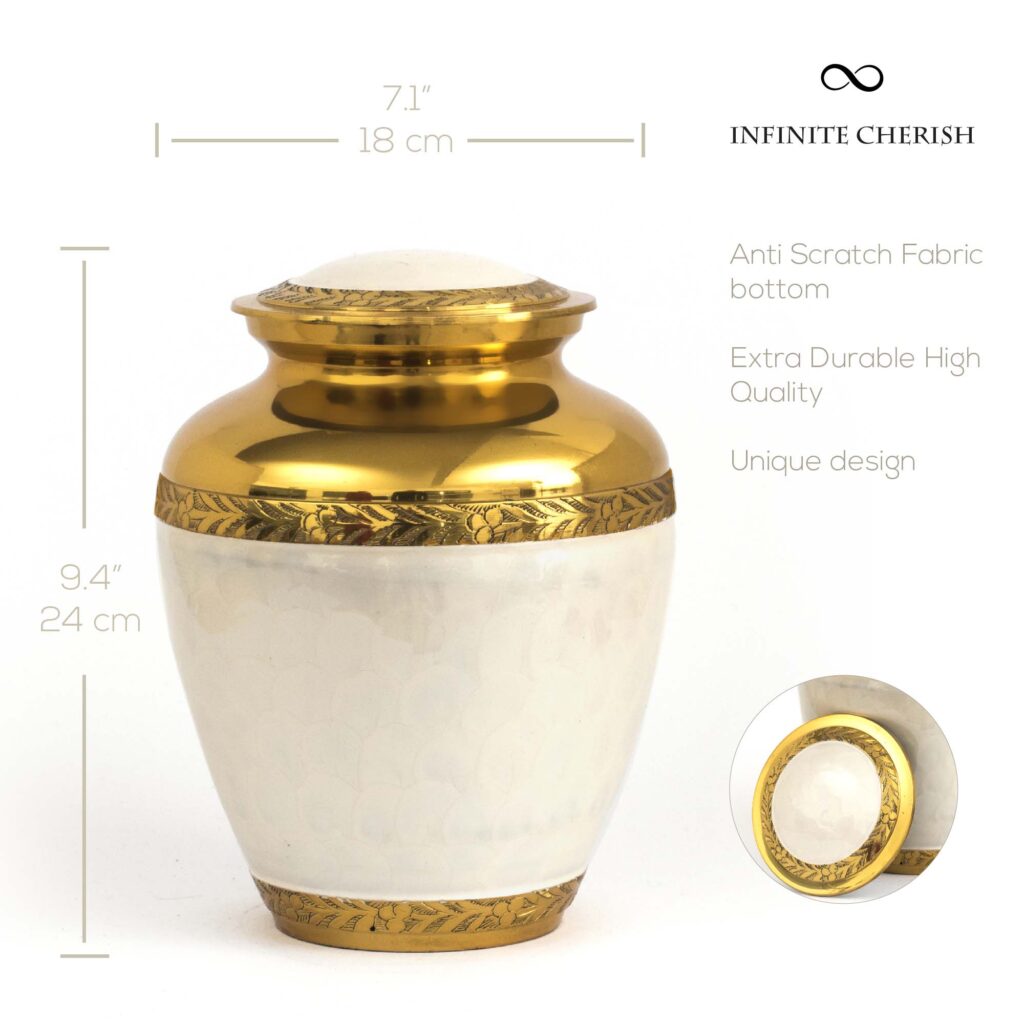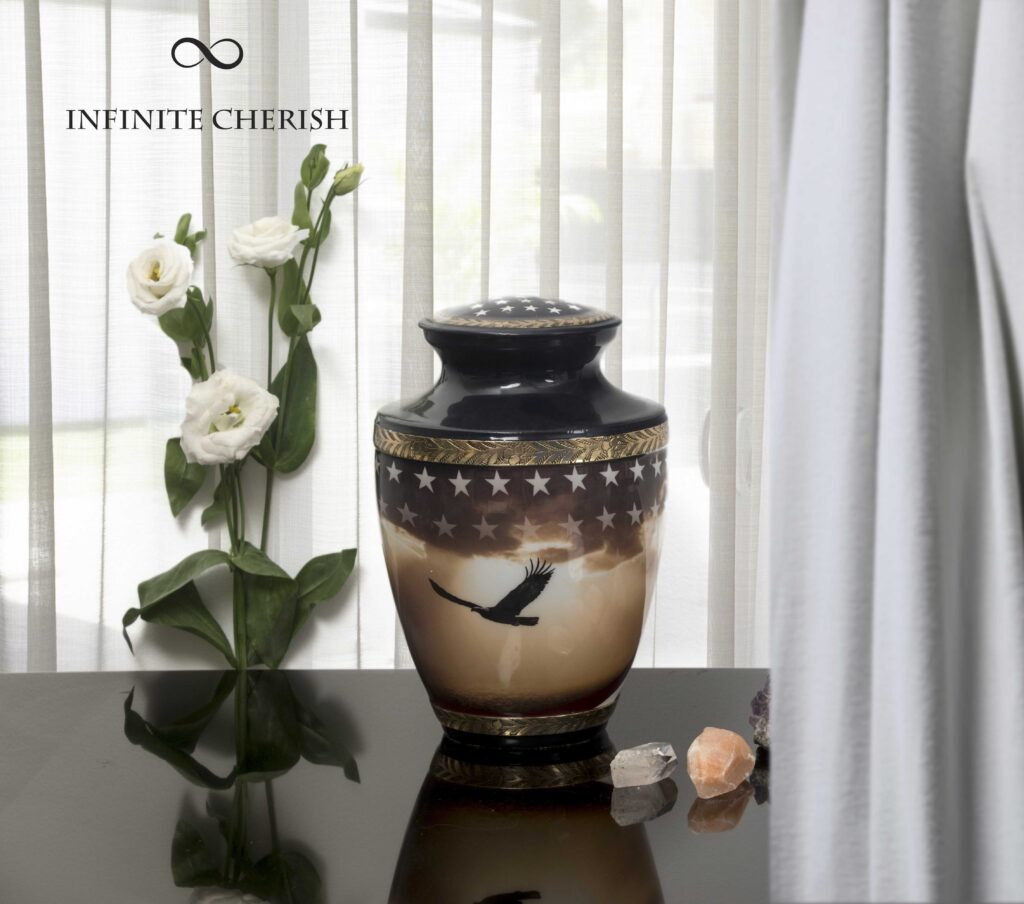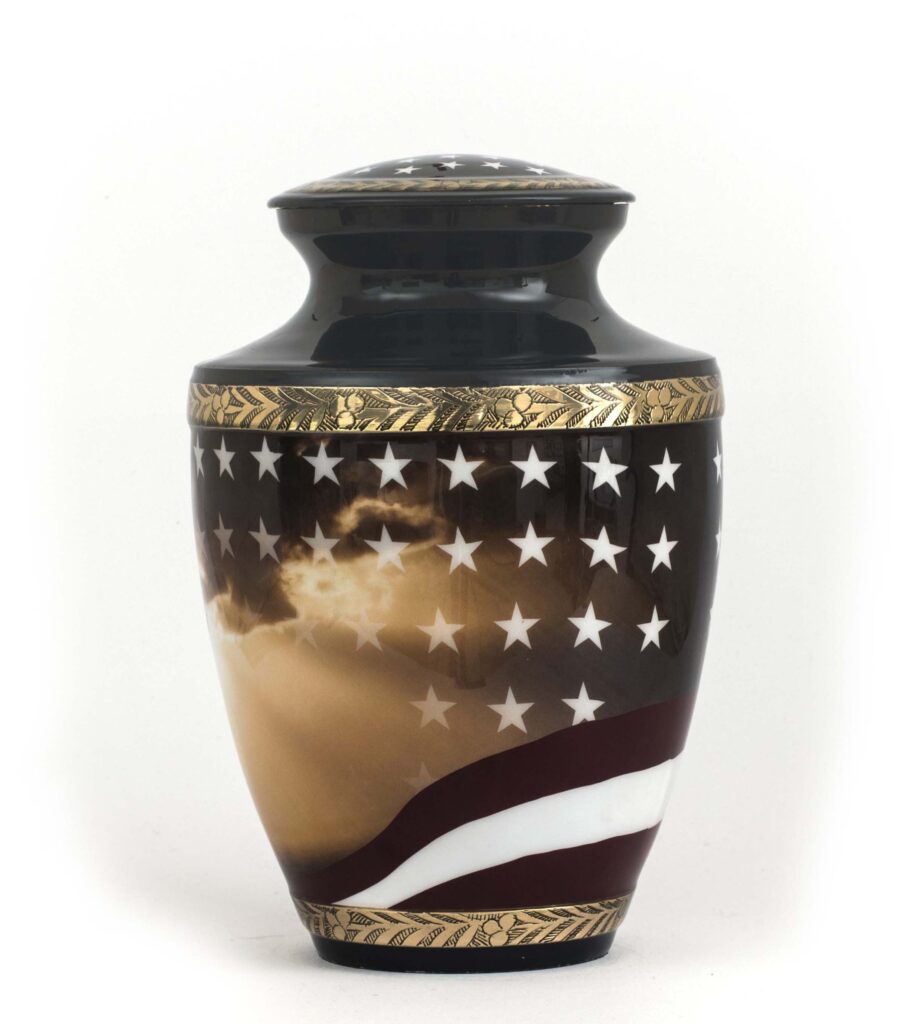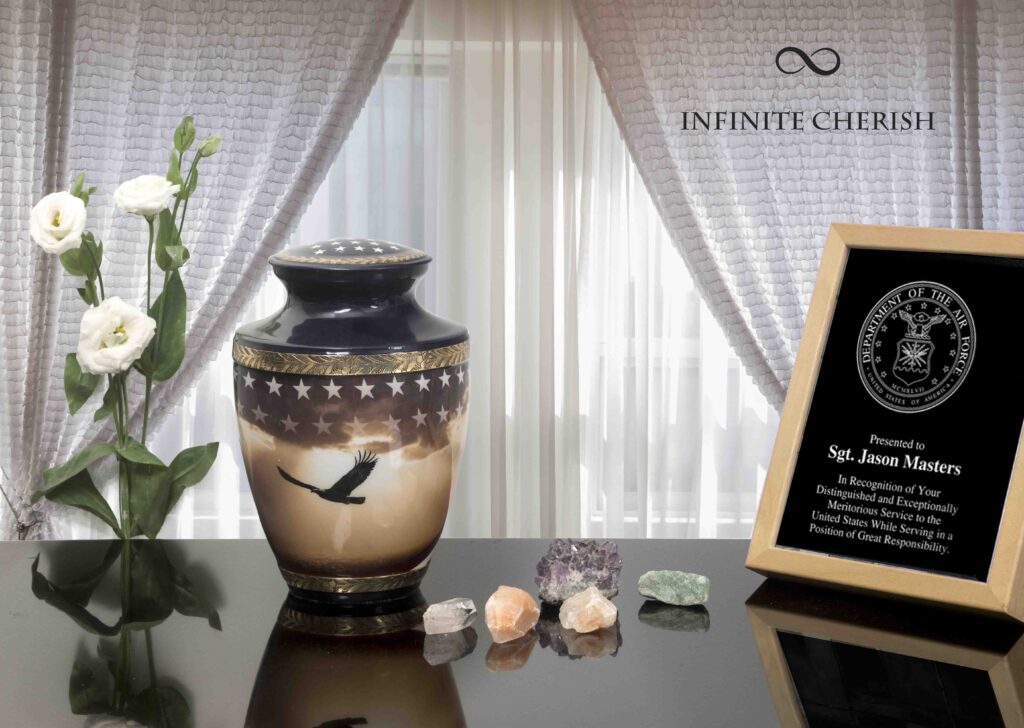Funural, memorial cremation and urn for ashes - Frequently asked questions
Table of Contents
What is the purpose of a funeral?
Even for those opting for cremation, a complete funeral service can be arranged. Organizing a personalized ceremony or gathering, whether large or small, contributes to the healing process. Although overcoming the sorrow is never simple, a meaningful assembly or commemoration can assist in the journey.
Do i need a Funeral Director?
Or what does the Funural Director do?
- Collect the deceased and transport them to the funeral home at any time, day or night.
- Inform the appropriate authorities, family members, and/or relatives.
- Organize and prepare death certificates.
- Supply certified copies of death certificates for processing insurance and benefits.
- Collaborate with insurance agents, Social Security, or the Veterans Administration to ensure all necessary documents are filed for benefit acquisition.
- Prepare and submit obituaries to the newspapers chosen by the family.
- Bathe and embalm the deceased’s body, if required.
- Ready the body for viewing, which includes dressing and applying cosmetics.
- Assist the family in planning the funeral and purchasing a casket, urn, burial vault, and cemetery plot.
- Schedule the grave’s opening and closing with cemetery staff if a burial is planned.
- Coordinate with clergy members if a funeral or memorial service will take place.
- Organize police escort and transportation for the family to the funeral and/or cemetery.
- Order funeral sprays and other floral arrangements as requested by the family.
- Offer Aftercare, or grief support, to the grieving family members.
What size of urn for ashes do i need?
The suitable urn for ashes size is contingent upon the deceased’s weight or the crematory’s specifications. A standard adult cremation urn typically holds up to 200 pounds or 200 cubic inches of ashes. Other urn options include:
Keepsake urns for ashes: Small urns for holding a reduced quantity of ashes, ideal for dividing among family members.
Companion cremation urns: Designed to accommodate the ashes of two adult individuals.
Infant urns: Smaller urns for ashes for holding the ashes of a stillborn, infant, or young child.
Mini/Micro urns: Minuscule urns for a very small amount of ashes.
Urn jewelry: A wearable piece of jewelry with a tiny pendant or compartment to hold a small quantity of ashes.
3. What steps should be taken when a death occurs?
Or what do i do when some close dies?
Contact the funeral home, which will assist in coordinating arrangements with the cemetery.
Gather the necessary information for state vital statistic requirements, including:
- Date of Birth
- Place of Birth
- Father’s Name
- Mother’s Name
- Social Security Number
- Veteran’s Discharge or Claim Number
- Education
- Marital Status
- Reach out to your clergy and decide on the time and location of the funeral or memorial service, which can be organized at the funeral home.
- The funeral home will help determine the number of required death certificates and can place the order for you.
- Create a list of immediate family members, close friends, and employers or business associates, and notify each person by phone.
- Choose a suitable memorial for donations (e.g., church, hospice, library, charity, or school).
- Compile obituary information, such as age, place of birth, cause of death, occupation, college degrees, memberships, military service, notable accomplishments, and surviving immediate family members. Include the time and location of the services. The funeral home will typically write the article and submit it to newspapers. Photos can be provided and will be returned undamaged.
- Arrange for family members or close friends to take turns answering the door or phone, ensuring that a detailed record of calls is maintained. If Social Security checks are automatically deposited, inform the bank of the deceased’s passing.
How to choose the right urn for ashes?
1. Setting a Budget for the Urn for ashes
Funeral urns can accommodate various budgets, but quality may differ. Imported urns might be more cost-effective, but Canadian-made products often have superior quality. It’s crucial to assess the urn’s quality and materials when establishing a budget.
2. Deciding on the Urn’s Placement
Take into account where the urn for ashes will be situated, either indoors or outdoors. For outdoor placement, choose an urn that is sturdy enough to endure various weather conditions.
3. Choosing a Preferred Material for the Urn
Cremation urns come in numerous materials and styles, such as biodegradable urns, ceramic urns, glass urns, metal urns (bronze, copper, or silver), marble urns, paper urns, and wooden urns. Select a material that appeals to you and aligns with the deceased’s character and preferences.
4. Evaluating Ease of Transferring Remains
When choosing an urn, consider the ease of transferring the ashes. Openings and designs for transferring remains can range from simple lids to stoppers or screw-in attachments. Many funeral homes offer ash transfer services through a funeral director.
4. Considering the cremation urn Shapes and Colors
Take into account your personal preferences for color and shape when selecting an urn. Available colors will depend on the material, and shape options span from traditional to modern designs. Choose an urn that reflects the deceased’s unique style and personality.
is a public viewing of the memorial important
Choosing between burial or cremation depends on personal preferences, cultural beliefs, and financial considerations. In the United States, burial in a casket is the most prevalent method of handling remains, although entombment is also an option. Cremation is gaining popularity as it can be more cost-effective and allows for a memorial service to be scheduled at a later date when family and friends can gather more conveniently.A funeral service followed by cremation can be similar to one followed by burial.
Typically, cremated remains are placed in an urn before being committed to their final resting place. Options for the urn’s placement include burial, indoor or outdoor mausoleums or columbarium’s, or interment in a dedicated urn garden provided by many cemeteries. Cremated remains may also be scattered, in accordance with state regulations.
Why is embalming necessary for a Funural
Embalming serves to sanitize and temporarily preserve the deceased’s body before the funural. It enables an extension of the period between the individual’s passing and their final disposition, granting family members the opportunity to organize and take part in a service that brings them the most comfort.
Is embalming a legal requirement for a deceased body?
According to the Federal Trade Commission, embalming is not mandated by law, except in specific exceptional situations. However, embalming might be necessary if you opt for particular funeral arrangements that involve a viewing. If you prefer not to have embalming, you generally have the right to select alternatives that do not necessitate it, such as direct cremation or immediate burial.
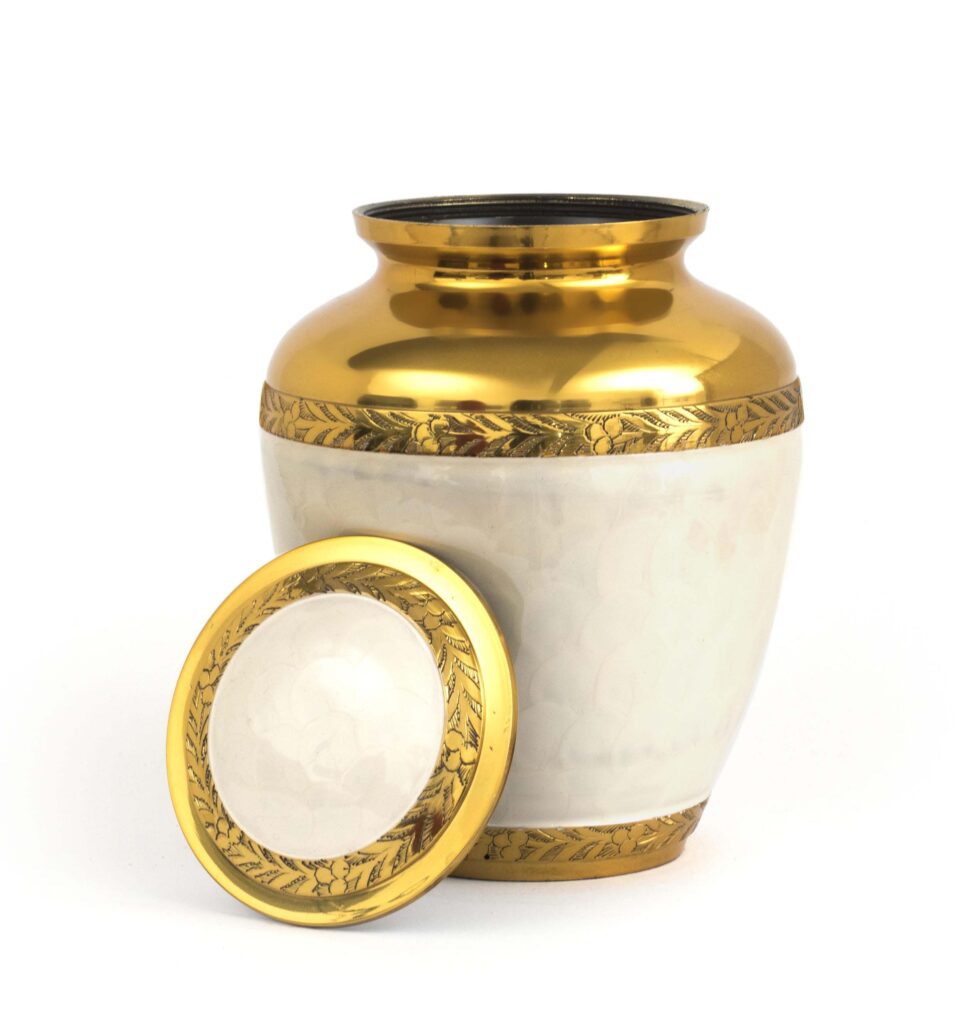
Why do funerals price is so high?
In comparison to other significant life events, such as births and weddings, funerals may not be as expensive. A wedding can cost around three times more, but since it’s a joyful occasion, the expenses are rarely scrutinized. Operating a funeral home is a 24-hour, labor-intensive business, requiring various facilities (viewing rooms, chapels, limousines, hearses, etc.), and these costs contribute to the overall price of a funeral
Furthermore, funeral expenses not only cover merchandise like caskets but also the services provided by funeral directors. These services include making arrangements, filing necessary paperwork, coordinating with doctors, ministers, florists, newspapers, and others, and ensuring all essential details are taken care of. Funeral directors consider their profession a service, but it also functions as a business. Like any other enterprise, funeral homes must generate a profit to continue operations.

